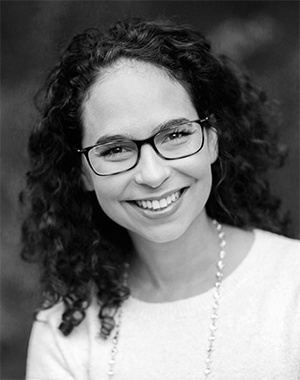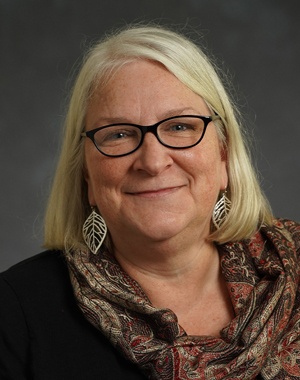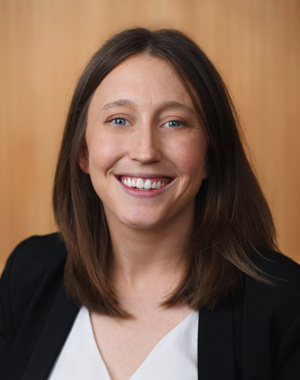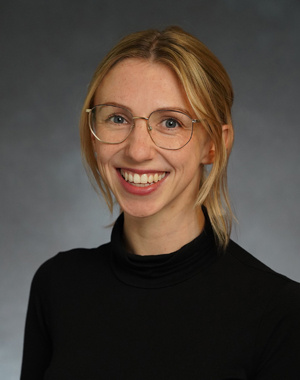Our vision
At the Ford School, leadership is the behavioral process of having a positive impact on individuals, organizations, and communities.
Our mission
Our mission is to inspire and equip students to become agents of positive change in the world. In developing their leadership capabilities, we enable our students to become more self-aware, adept at creating productive relationships to work across differences. Through leading others and bringing their best selves to their life trajectories, our training allows students to craft and direct the systems and processes that produce lasting, sustainable impact on the public good.
Our team
The Ford School's Leadership Initiative team directs and facilitates leadership development opportunities for Ford School undergraduate and graduate students through curricular, co-curricular, and extracurricular engagements.
Affiliated practitioners and scholars
Leadership Initiative Affiliated Scholars are external experts in organizational behavior, conflict analysis, restorative justice, and behavior change who serve as thought partners and collaborators who help shape leadership education at the Ford School. They offer their insights to students through guest lectures, curricular simulations, and other engagement opportunities.
-
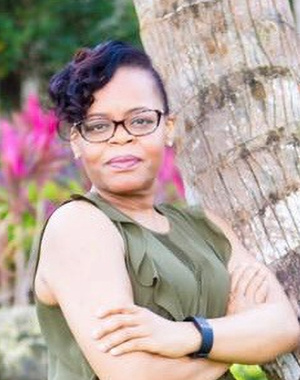
Dr. Estelle E. Archibold a Postdoctoral Scholar in Management and Organization at the Smeal College of Business, Pennsylvania State University. Her research focuses on generative conflict, allyship and cross-cultural dynamics, as well as social innovations in organizations. She uses process theory and emerging theory in positive institutional work as theoretical bases for my research. She is an organizational ethnographer who uses mixed and multi-modal methods to investigate organizations, fields and social movements.
Estelle builds on more than fifteen (15) years of academic study and practice in conflict transformation, reconciliation, ethics, as well as cross-stakeholder negotiations in the United States and abroad in countries such as Liberia and Ghana in West Africa and the United Arab Emirates. Also, her prior executive coaching practice supported leaders, managers and teams experiencing conflict among members and followers during organizational mergers and reorganizations. She has worked across several sectors including government, not-for-profit, international development and education. Currently, she continues her engaged scholarship as a research affiliate of the Leadership Initiative with The University of Michigan's Gerald R. Ford School of Public Policy where she collaborates with scholars and practitioners on discovering the impact of cross-cultural transformative leadership, restorative justice and social movements on public policy decision-making.
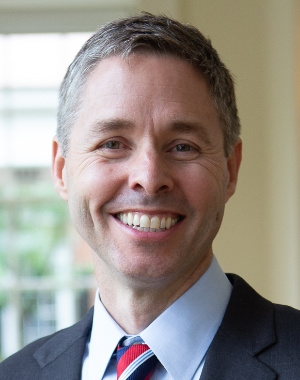
Scott Baker is a Principal Behavioral Scientist with BetterUp. His work blends behavioral science and technology in order to transform the capabilities of people and organizations. Scott completed his PhD in Leadership and Organizational Behavior at the Darden School of Business, University of Virginia.
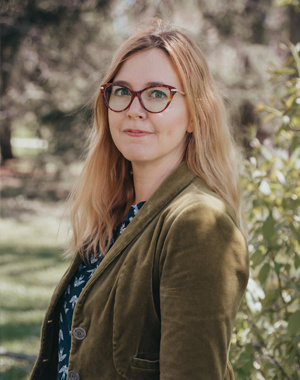
Sierra Bellows is a writer, magazine editor and writing teacher who has also worked in both non-profit and corporate communications. She believes that storytelling can change how we think and changing how we think can change the world. Her collaborative work writing case studies with Morela Hernandez has benefited the learning of both business and public policy students for nearly a decade.
Bellows’ writing has appeared in The American Scholar, The New York Times, The Greensboro Review, and Gulf Coast, among other publications. She worked as a documentary filmmaker in Southeastern Africa, produced short films in Canada, and taught writing at universities in Virginia and Montana. She was a Henry Hoyns Fellow at the University of Virginia, where she received her MFA in fiction.
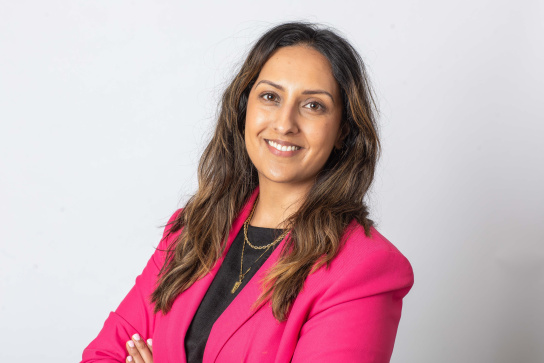
Sadia Ghazanfar is a dedicated member of the International Coaching Federation (ICF) and holds the credentials of Professional Certified Coach (PCC) and Certified Positive Intelligence Coach (CPQC). With a Bachelor's Degree in Business Studies and over 15 years of operational leadership experience in the higher education sector, Sadia brings a wealth of knowledge and expertise to her role as a leadership and career coach, corporate trainer, and facilitator.
In her private coaching practice, Slay Your Dragons, Sadia is passionate about empowering early career professionals and emerging leaders. Her approach goes beyond merely boosting career confidence; it’s about uncovering authentic selves and fostering genuine workplace fulfilment. She is committed to guiding individuals in crafting meaningful careers that enhance well-being and deepen human connections.
Sadia is a compassionate catalyst for change, challenging ingrained thinking patterns to inspire transformative behavioral shifts. Her joy lies in helping clients gain clarity, build self-belief, and develop the confidence to present their best selves. Incorporating elements of positive psychology, guided visualization, and neuroscience, Sadia offers a distinctive, holistic approach to coaching. She is a creative and curious thinking partner, dedicated to facilitating sustainable growth and lasting transformation, with a style that blends wisdom, empathy, and a focus on mind-body wellness.
As the daughter of immigrants, Sadia deeply values diverse perspectives and is committed to fostering inclusive cultures where everyone feels accepted, included, and valued. Based in Bristol, UK, Sadia enjoys hiking in nature, exploring global cuisines and cultures, and learning to play the bass guitar in her spare time.
You can connect with her on LinkedIn.
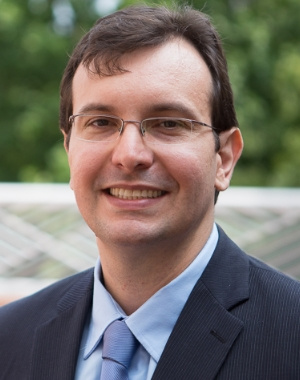
Cristiano L. Guarana is an Assistant Professor of Business Administration in the Department of Management and Entrepreneurship at Kelley School of Business, Indiana University. He received his PhD in Management in 2015 from the University of Washington and worked as post-doctoral researcher at the University of Virginia for two years. Prof. Guarana’s research examines how leaders and followers’ limited attentional resources affects decisions, relationships, and behaviors in complex organizational contexts. He is published in a number of top-tier academic journals, including Journal of Applied Psychology, Personnel Psychology, Organizational Behavior and Human Decision Processes, Journal of Management, Leadership Quarterly, Journal of Organizational Behavior, Psychological Science, and Journal of Experimental Social Psychology. His work has also appeared in media outlets such as Harvard Business Review, MIT Sloan Management Review, The Observer (Association for Psychological Science), Fortune, Bloomberg Business, Business Insider, Huffington Post, Boston Globe, The Times (of London), Quartz, Discover Magazine Blog, The Tonic, The British Psychological Society, American Police Beat, and The Atlantic. He teaches courses on organizational behavior and leadership at Kelley. Prior to entering academia, Prof. Guarana was an entrepreneur and played professional basketball in Brazil.
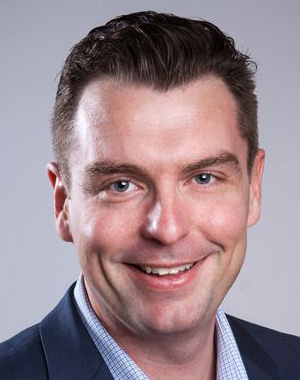
John Pickering is the Chief Behavioral Scientist at Evidn. Evidn is a behavioral science company that specializes in the design, delivery and evaluation of behavior change programs for improving outcomes at a population level. As Chief Behavioral Scientist, Dr. Pickering oversees the analysis, design, delivery and evaluation of behavior change programs across Evidn’s environmental, agricultural, health, energy, finance, transport, and judicial portfolios.
Dr Pickering is a member of the Organization for Economic Co-operation and Development (OECD) expert steering group on agri-environmental behavior economics, and holds appointments at Princeton University and The University of Queensland.
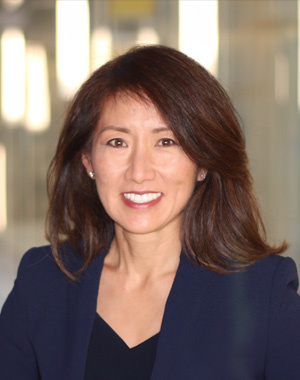
Soojin Kwon is a lecturer in leadership communications at the University of Michigan’s Ford School of Public Policy. Her 30 year career spans the corporate, nonprofit and public sectors.
Soojin is the founder of Talent Peak Advisors, a leadership development firm dedicated to helping emerging and established leaders to effectively engage, influence and inspire others. She specializes in enhancing public speaking, executive presence, and storytelling skills through tailored workshops and personal coaching.
Previously, Soojin held people development and consulting roles at McKinsey and Deloitte. She also led the MBA Program and Admissions at Michigan Ross for nearly two decades and served as an lecturer in Business Communication.
Soojin has led workshops and spoken at a variety of organizations, including Google, McKinsey, Zipcar, Veralto, TE Connectivity, Michigan Capital Network, the Association for Talent Development, Harvard Kennedy School, the Forte Foundation, the Graduate Management Admission Council, and the Graduate Business Curriculum Roundtable.
Before transitioning to higher education and business, Soojin worked in policy as a Presidential Management Fellow in Washington, D.C., with roles at the Senate Budget Committee, House Appropriations Committee and the Department of Commerce Office of the Secretary.
Soojin holds an MBA from Ross, an MPP from Harvard Kennedy School and a BA in Economics and Political Science from Yale. A Michigan native, she returned to the state to attend Ross, and has remained here ever since, even sending her two sons to the University of Michigan.
